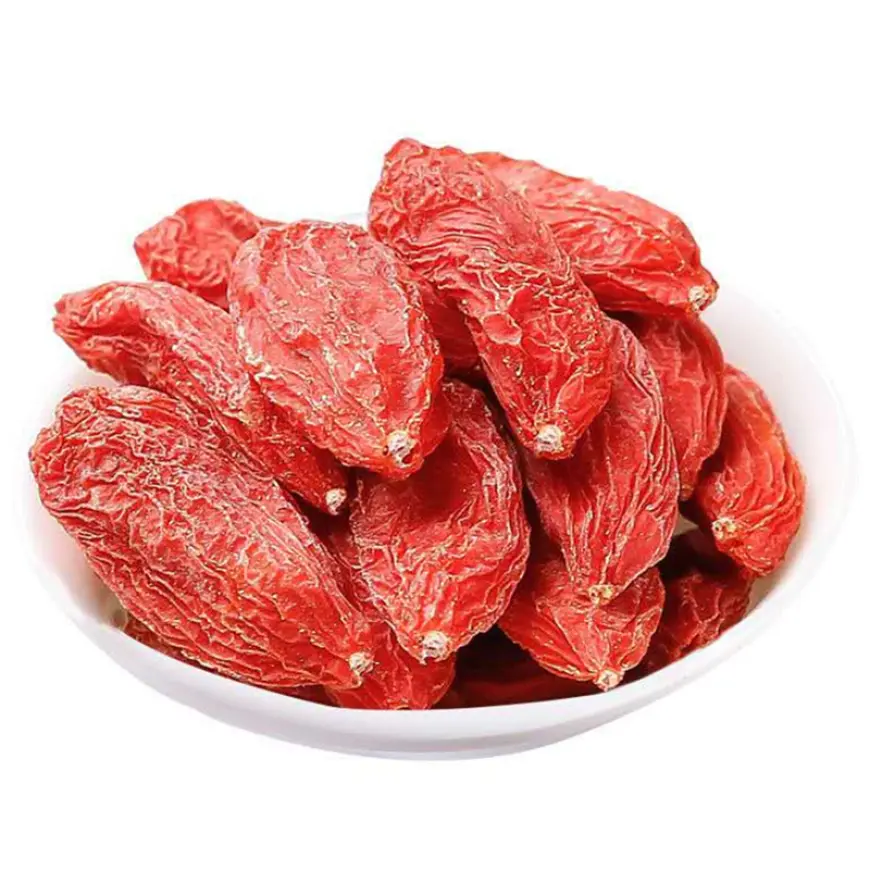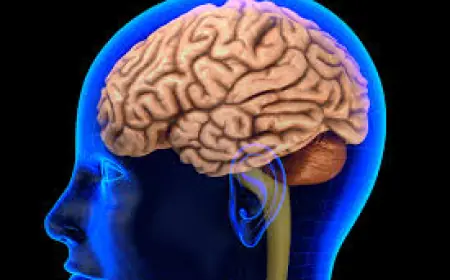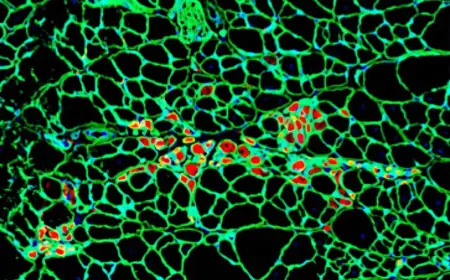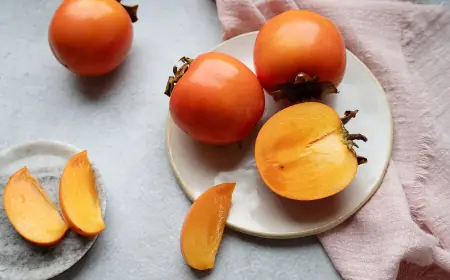Scientists Reveal How Goji Berry Components Fight Cancer
Researchers from North China University of Science and Technology discovered that natural compounds in goji berries may help combat liver cancer

Researchers from the North China University of Science and Technology have conducted a study showing that active substances found in goji berries (Lycium barbarum) can interact effectively with key proteins involved in the development of liver cancer cells. The results were published in the reputable journal Oncology Advances (OncoAdv).
What was studied: Molecular docking and target identification
The study used a modern computational method called molecular docking, which predicts how tightly molecules — such as a drug compound and a protein — can bind to each other.
Scientists selected several proteins involved in the progression of liver cancer as their "targets" and examined how natural compounds in goji berries bind to these proteins.
Results: High likelihood of biological activity
The study found that certain compounds in goji berries formed strong bonds with these cancer-related proteins. Binding energies were often below −7.0 kcal/mol, indicating a high probability that these compounds are biologically active.
These compounds may block or modify the function of these proteins, thus hindering the growth of cancer cells.
Multi-component mechanism — a key advantage
The researchers emphasize that the therapeutic effects of goji berries arise not from a single compound, but from a combination of multiple active substances. This enables simultaneous impact on several biological pathways, increasing the potential to restrict cancer progression.
Therefore, goji berries could serve as a promising natural adjunct therapy in future cancer treatments.
Benefits as a natural source
The natural origin of goji berry compounds provides several advantages:
-
Lower risk of severe side effects;
-
Potentially lower cost of production, since the source is a plant that can be cultivated and processed relatively easily;
-
Ability to develop botanical or phytochemical supplements for therapeutic use.
Limitations and future steps
The authors note that their findings are based on computer simulations, and therefore require confirmation through:
-
In vitro (laboratory) experiments;
-
In vivo (animal or human) studies;
-
Further evaluation of the compounds’ stability and absorption in the body;
-
Investigation of their bioavailability and pharmacokinetics.
Some compounds may be unstable or poorly absorbed, which could limit their effectiveness.
Connection with previous research
Earlier studies on goji berries have shown that their polysaccharides:
-
Promote the death of cancer cells;
-
Stimulate immune responses;
-
Support liver regeneration.
This new study deepens the understanding of these mechanisms and lays groundwork for developing next-generation natural cancer therapies.
Goji berries, long known for their health benefits, now have scientifically supported potential in the prevention and adjunct treatment of cancer. While there is a long way from computer modeling to developing actual drugs, these findings suggest that goji berries may become widely used as natural supportive agents in oncology.



























